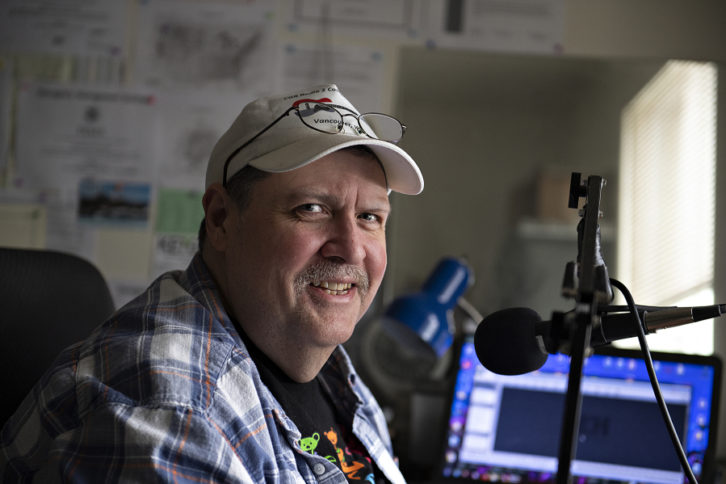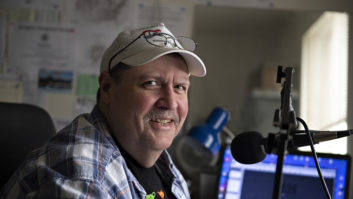Based in Vancouver, Wash., Community Growth Radio (CGR) has been serving blind, visually impaired and older listeners with news and entertainment programming since 2013. Now, the radio reading service has expanded to six streams to better accommodate an influx of listeners.
Gerald Gaule, formerly of the Oregon Commission for the Blind, is the driving force behind CGR. He says the service provides targeted programming throughout southwest Washington and Oregon.
“The current streams offer news, community relevant information and book, newspaper and magazine readings,” Gaule told Radio World. “Plus, programming such as a channel dedicated to blind and disabled musicians, a stream for veterans and, now, just added, classical music with historical information about the composers and broadcasts [of] vintage recordings of classical/opera pieces done on 78 rpm.”

According to its website, of the six available streams, CGR 1 is more information-driven; CGR 2 offers the same format but is mainly music and entertainment; CGR 3-VetNet Radio caters to Veterans who are visually impaired and/or disabled; CGR Radio 4 offers programming for those 50-plus; CGR 5 is its Spanish radio reading service; and CGR Radio 6 offers classical music selections.
“I know I’m the only radio reading service in the United States that has more than four streams, and [I’m] trying to go beyond that box,” said Gaule. “The sixth stream was requested by the blind and disabled and those who enjoy [classical] music, not only uninterrupted without any ads, but also with volunteer recordings from LibriVox — [which includes] readings of classical music history, music compositions, musical theory and so on.”
Programming for CGR streams comes from several sources such as Program Share from The International Association of Audio Information Services, ACB Radio, Talking Information Center (TIC) Radio and Pacifica Radio Network.
All CGR streams are free, require no membership and can be heard 24/7. Scroll down to find the links to listen here.
[Related: “CGR Radio Expands Service to Visually Impaired Spanish-speaking Populations”]










